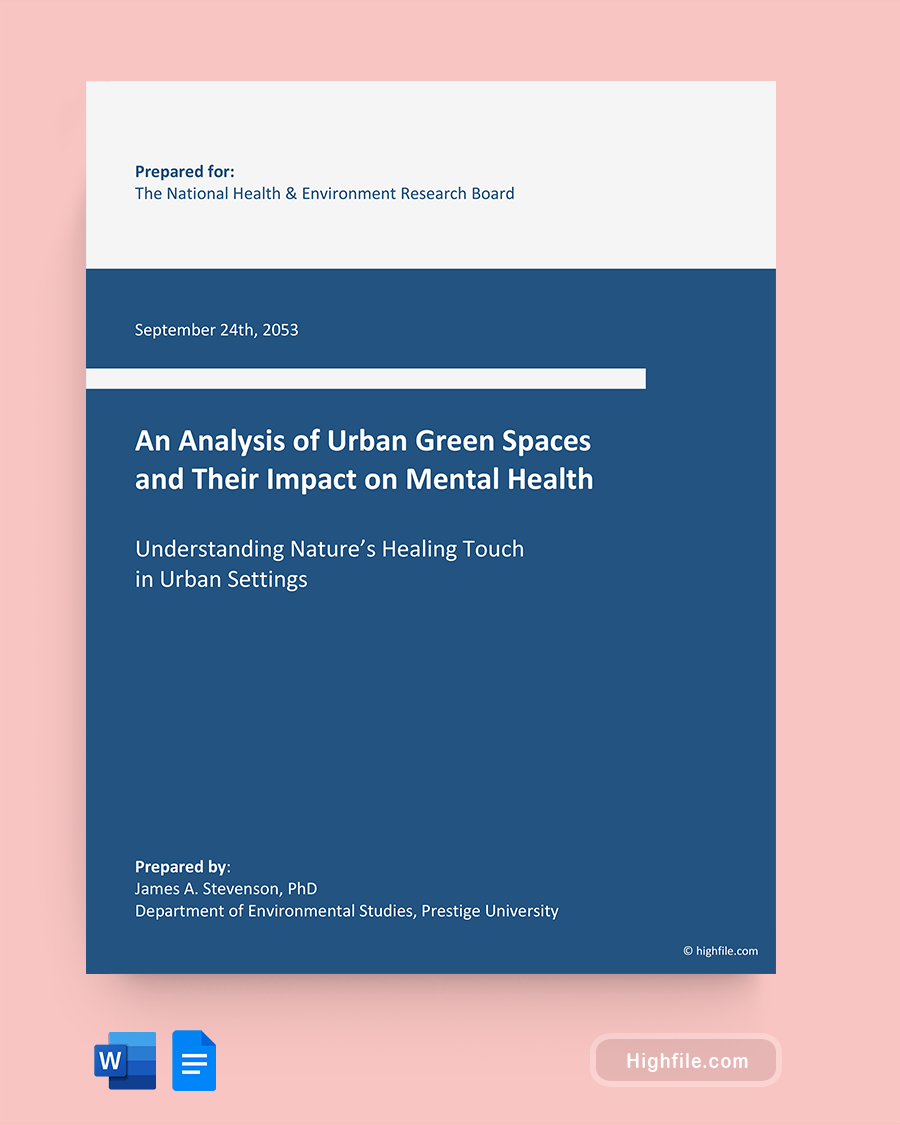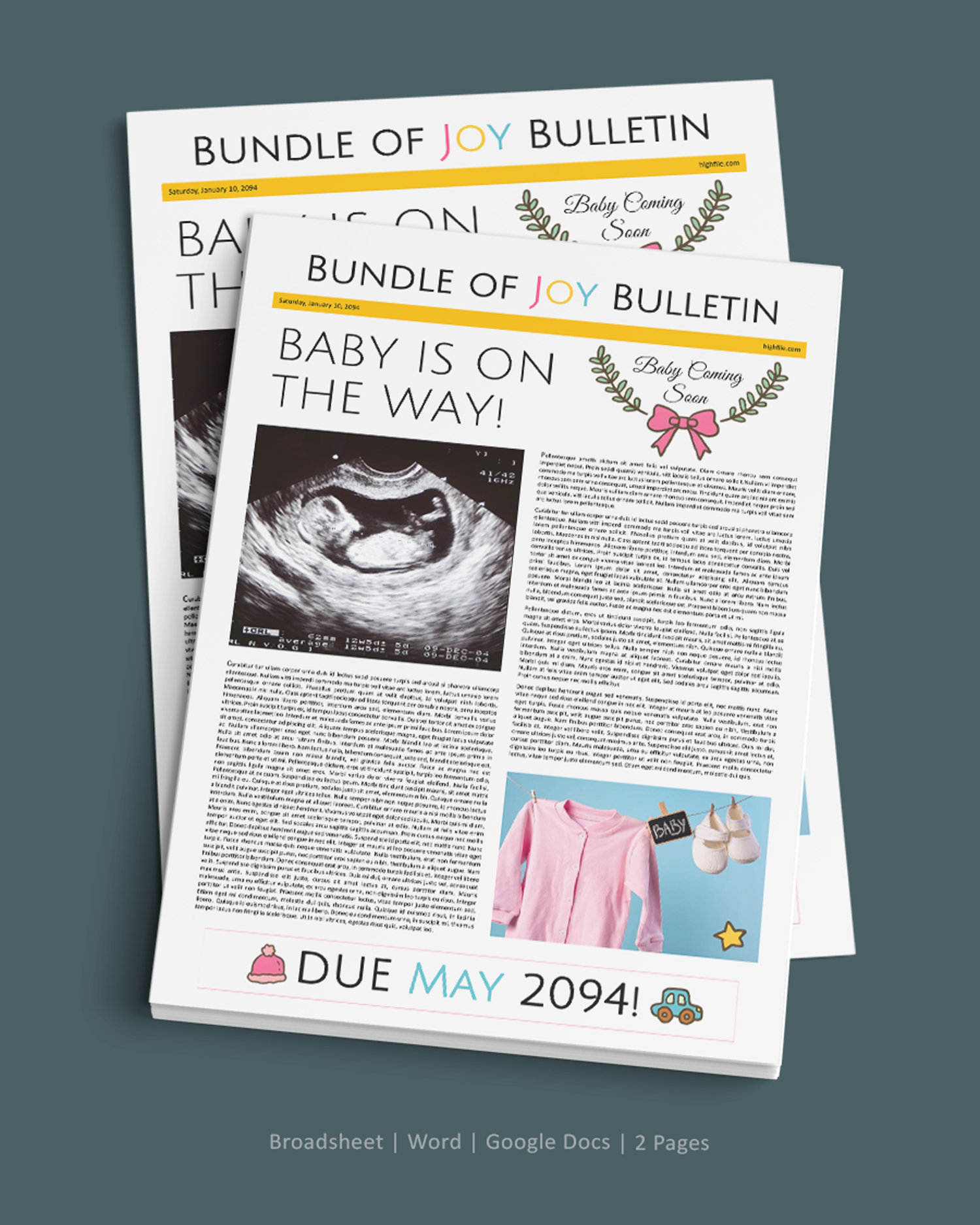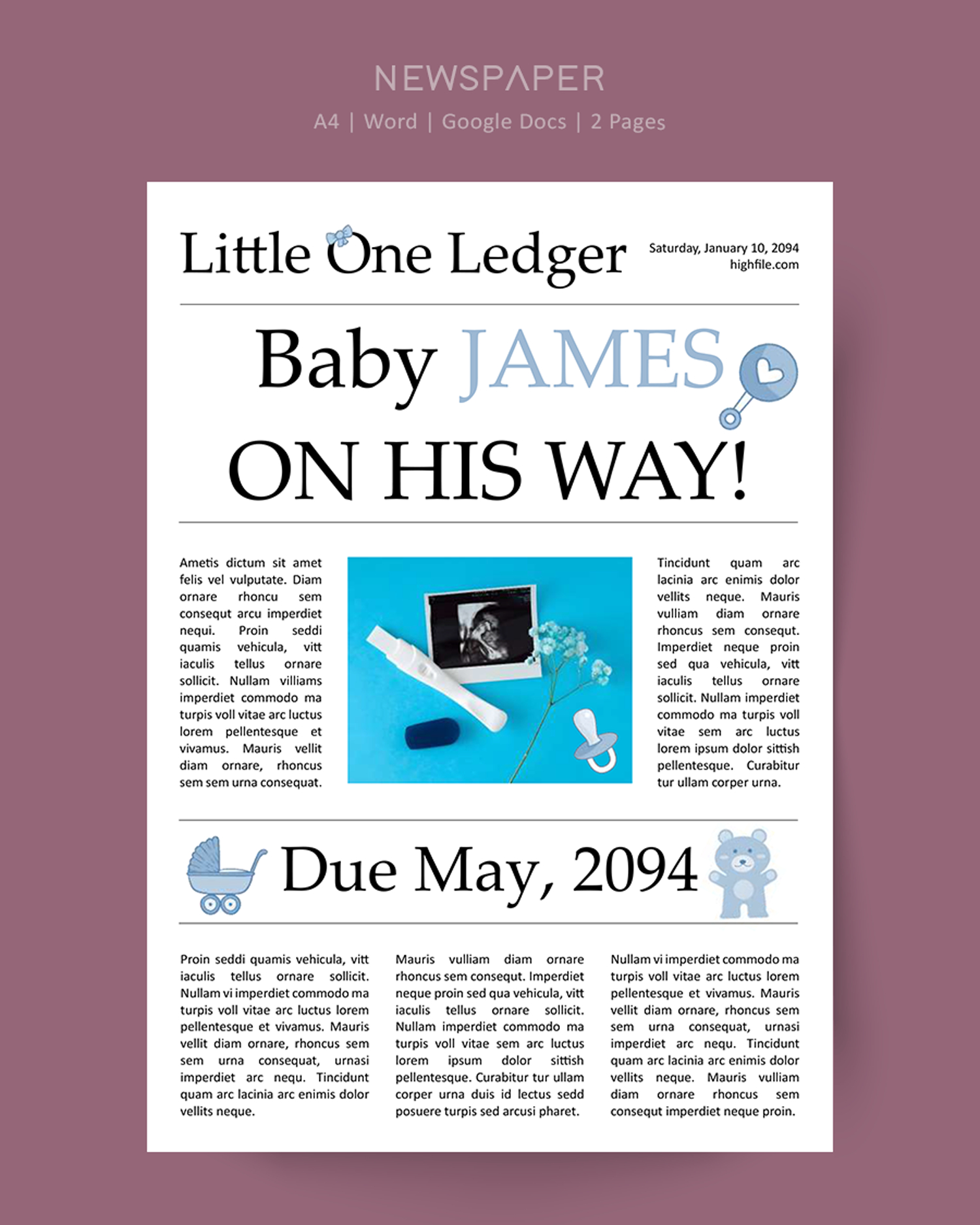Contents of the Template:
- Introduction: A space to give an overview of the research topic and its importance.
- Background and Rationale: Outline the reason behind your study, explaining the problem or gap your research aims to address.
- Objectives and Hypotheses: Clearly state the goals of your research and any hypotheses you wish to test.
- Literature Review: A dedicated section to summarize and discuss relevant previous studies.
- Methodology: Detailed segments to describe your study design, sample selection, data collection methods, and analysis strategies.
- Expected Results: Predict and describe the potential outcomes of your research.
- Timeframe and Budget: Breakdown of the timeline for your research and an estimated budget.
- References and Appendices: Areas to cite your sources and include any supplementary information.
Why Use This Template:
- Streamlined Process: The structured format guides researchers step-by-step, ensuring no crucial details are missed.
- Consistency: Using the template ensures uniformity, making it easier for readers and reviewers to understand and evaluate the proposal.
- Time-saving: Rather than starting from scratch, the predefined sections help you quickly draft your proposal, giving more time for content refinement.
- Professional Presentation: A well-organized proposal reflects professionalism, improving your chances of gaining approval or funding.
Ideal For:
- Academic Researchers: Professors, lecturers, or students planning to undertake research studies.
- Grant Applications: When seeking funding, a structured proposal can enhance your chances of approval.
- Institutional Research: Organizations or institutions aiming to conduct studies to enhance their operations or make informed decisions.
- Project Proposals: Any project that requires a structured plan before implementation.
- Thesis Proposals: Students, especially at the postgraduate level, looking to propose their thesis topics for approval.






